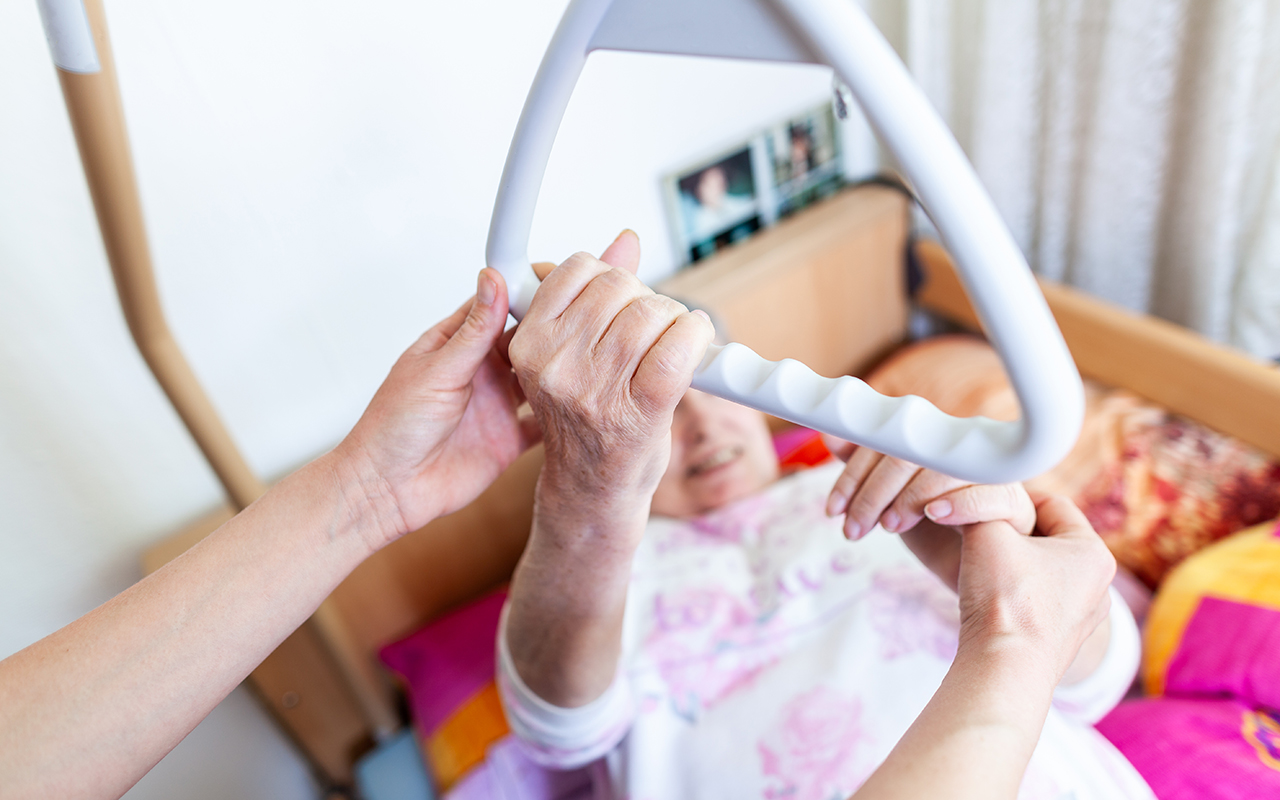Share
Caregivers of disabled or aging veterans may need help navigating the complex issues their loved ones deal with on a daily basis.
Here’s how you can prepare yourself to meet the challenges.
Understanding Unique Needs
Veterans have distinctive sets of health and personal needs. Compared to civilians, veterans are more likely to suffer from:
• Post-traumatic stress disorder (PTSD)
• Traumatic brain injury (TBI)
• Substance abuse disorder (SUD)
• Chronic pain
• Depression
• Suicidal thoughts or tendencies
Additional complications from injuries, amputations, and exposure to noise or chemicals may also affect health. Veterans who have recently returned from service can struggle to readjust to society outside of the military, and many require assistance with basic life skills.
Finding Knowledgeable Medical Professionals
Although many benefits and health services are available from the U.S. Department of Veterans Affairs (VA), some veterans either don’t qualify for, live too far from these services to benefit and must receive care from civilian facilities, or need more care than the VA can provide.
Additionally, a 2018 RAND study revealed civilian doctors are unprepared to deal with many of the health concerns and mental traumas veterans face and require more training to better serve these patients. Poor communication between providers makes it difficult for veterans seeing both VA and civilian medical professionals to maintain a cohesive continuum of care, so caregivers must do additional work to avoid delays or mistakes.
Connecting Aging Veterans with Home Care
Caring Home Care provides in-home services for aging veterans and those requiring long-term care for ongoing health problems. The services we provide range from:
• Homemaker services (cooking, cleaning, etc.)
• Personal care assistance (bathing, grooming, dressing, etc.)
• Respite care
• Live-in caregiving
• Post-op care
Easing the Burden for Caregivers
Emotional and financial support can take some of the load off you as the caregiver of a veteran. Thanks to the VA, caregivers have access to services like a support line and an online workshop.
Ultimately, hiring a professional caregiver can help ease the burden of caring for your loved one and provide them with the care and compassion they need each and every day. Caring Home Care’s certified caregivers can help as little or as much as you need at an affordable price. Learn more about our caregiving services today!
How Caregivers Can Reduce Injury While Assisting Seniors Providing daily care for seniors is meaningful work. It can also be physically demanding. Many caregiver injuries happen during lifting, transferring, or repositioning seniors. These injuries are often preventable when proper techniques are used. Learning caregiver injury prevention strategies protects both the caregiver and the senior. It
Build a Caregiver Support Network: Finding the Help and Encouragement You NeedCaring for a loved one is one of the most meaningful and selfless things you can do. But being a family caregiver can also be emotionally, physically, and mentally draining. Whether you’re new to caregiving or have been doing it for years, building a
The Role of Respite Care: Supporting Caregivers and Seniors Caring for an aging loved one is an act of love, patience, and dedication. However, even the most committed caregivers need time to rest, recharge, and take care of their own needs. This is where respite care for caregivers plays a vital role. By offering temporary
Emotional Challenges of Caregiving Understanding and Coping with the Emotional Toll of Being a Caregiver Caregiving is one of the most rewarding roles a person can take on. It allows individuals to provide meaningful support to a loved one in need. However, it also comes with significant emotional challenges. Whether you’re caring for an elderly
Need A Caregiver? Fill Out Form Below
With our competitive rates, we make receiving in-home care affordable regardless of whether you’re using your insurance or paying out of pocket.










